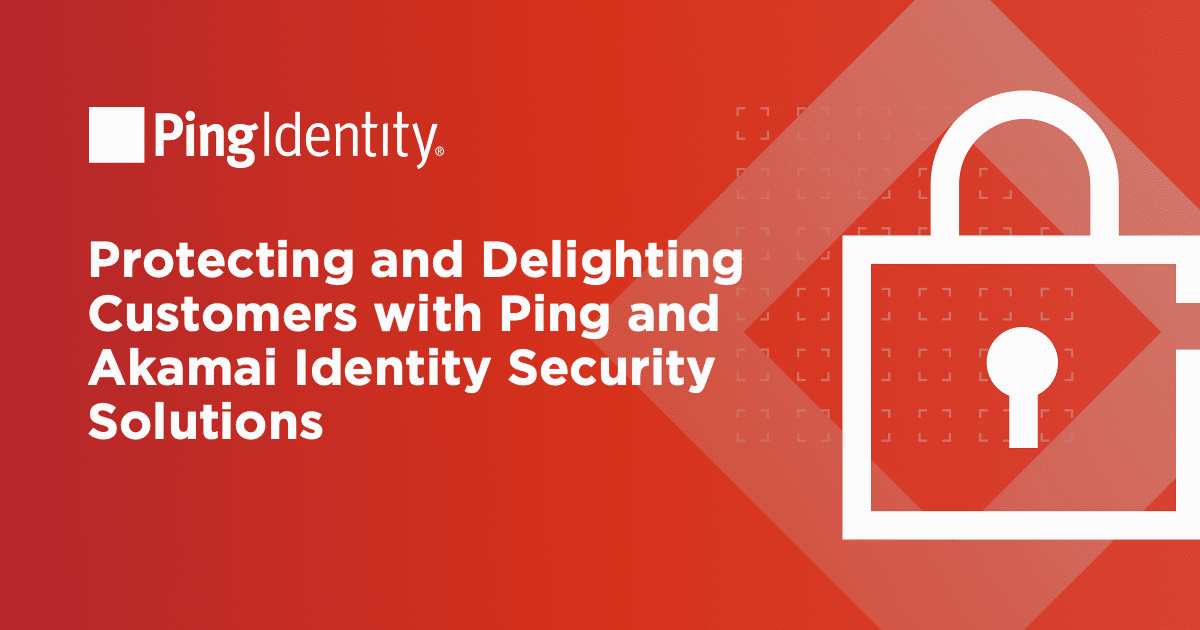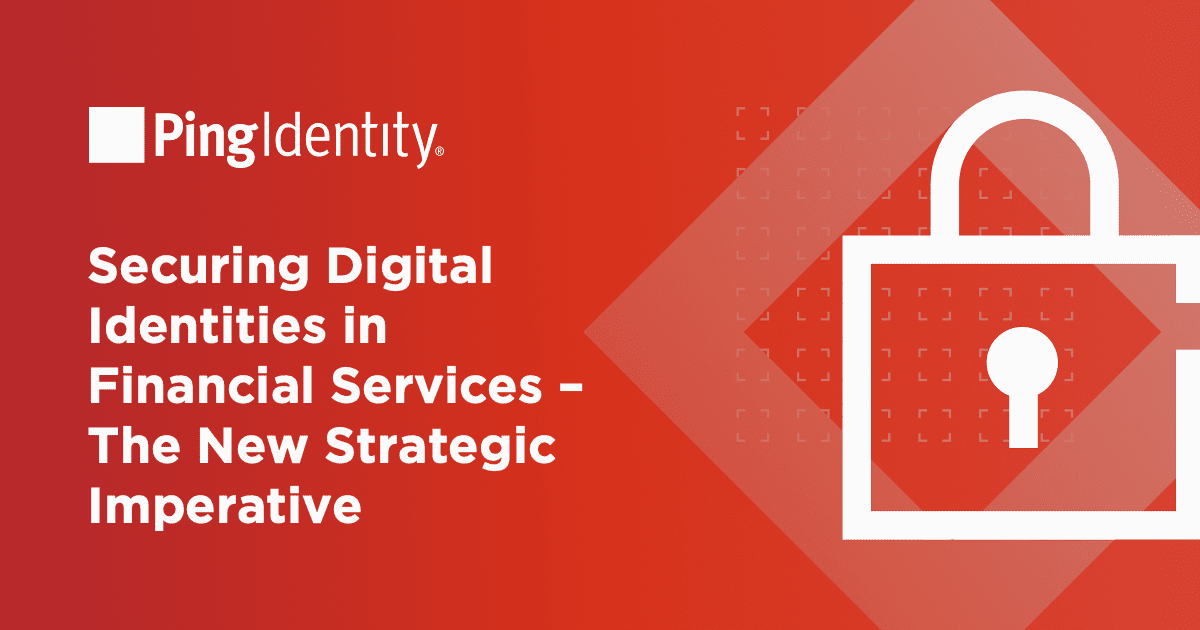While on the ASEAN roadshow, the teams from Ping Identity, SailPoint, and BeyondTrust also touched on important cybersecurity topics and trends for the region.
Zero Trust for Banking in Malaysia
As seen throughout the rest of the world, Zero Trust is becoming an increasingly important topic for banks in Malaysia. As Bank Negara Malaya (BNM) is now allowing financial institutions to use cloud services, banks have more options for implementing Zero Trust initiatives with leading identity providers like Ping.
With the new Cloud Technology Risk Assessment Guidelines (CTRAG) outline from BNM, local banks can use cloud-based providers to support identity initiatives as long as the vendors are certified, reputable, and of strong financial standing. In furthering their support of Zero Trust in Malaysia, BNM is also loosening restrictions on data sovereignty. Over time, BNM realised that the risk of data leaving the country is far less than it would be with using outdated technology and security practices.
The team at Ping Identity is excited by these new efforts from regulators to drive Malaysian financial services into the next era.
Reducing Risk in Hybrid IT Environments
As seen in most other parts of the world, operations in the ASEAN region have been struggling to keep hybrid IT environments secure. Since hybrid IT environments combine on-premise servers with cloud-based technologies, they are particularly hard to protect.
In order to reduce risk in hybrid IT environments, it's important to centralise access with identity specialists like Ping and our Global Partner Network. While many businesses are tempted to utilise a third-party data storage provider like Microsoft Azure AD, this can be challenging if you are operating in a hybrid IT environment.
While Azure AD offers many perks like increased uptime and stronger security, many of these benefits only apply if you operate in the cloud 100% of the time. If your operation still utilises on-prem servers, you could get wrapped up in a complex Enterprise Agreement with Microsoft that might hinder flexibility in the future. As such, using an integrated end-to-end solution like those provided by Ping and our partner network is a more surefire bet moving forward.
New Personal Data Protection Act (PDPA) Rules in Thailand
Another important point of conversation in the ASEAN roadshow was the recent PDPA rules that were passed in Thailand. As the ASEAN Briefing website explains, “Thailand’s first-ever law on personal data protection” came into effect on “June 1, 2022 … The law outlines the obligations for businesses regarding the collection and processing of personal information.”
The PDPA in Thailand and the Philippines regulates the type of personal information your employees are allowed to see. If you are a Thailand-based company, remember that consent is a two-way street between staff, customers, partners, and APIs. When it comes to protecting people’s personal information, Zero Trust is always the best policy.
Never Trust, Always Verify
Throughout the ASEAN roadshow, we also promoted the best employee verification practices at each stop. Importantly, electronic Know Your Customer (eKYC) principles and technologies should be utilised for staff, contractors, and temp workers. Even if people are working remotely, you should regularly check people’s ID cards. Ping Identity, SailPoint, and BeyondTrust also encourage you to routinely reset information and access to critical data so you can prevent insider threats.


